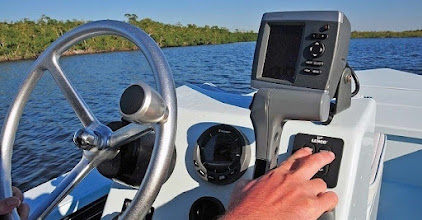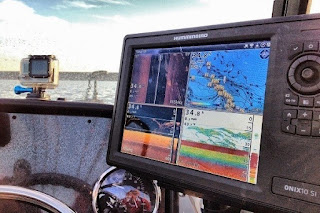A Complete Guide to Finding the Best Fish Finder Around
Of course, the most obvious thing is that you don't want to
lose a fish just because of your poor gear, but there are other risks involved
in fishing without the right gear. Some even impact your safety.
There is simply a lot of equipment and tools to take into
consideration before going fishing, but it is all up to the type of angler you
are. You should keep in mind that a fly angler will not have the same handling
as someone targeting bass.
What to look for when choosing the Best Fish Finder
Portability
The only thing you need to consider is whether your fish
finder is portable or not, as there are two main types. Most fish finders will
be mounted on your boat, so they will provide a constant image of the area
around the boat's hull. On the other hand, there are also smaller, more
portable models.
Ranges
The next thing to take into consideration when choosing the
right fish finder is the range at which it can detect fish around you. The best
fish finder will have a range long enough to not only catch fish around your
boat but also fish directly below you at a greater depth.
The power of a fish finder is directly responsible for its
range, so if you're going to be fishing in deeper waters, you'll need a more
capable model. Naturally, the price is also directly related to the power of
the fish finder, so you'll need to adjust your budget accordingly.
Global Positioning System (GPS)
Some fish finders will also provide a GPS, which will allow
you to track where you find the most fish, making it easier for you to come
back next time. GPS will also show you the waterways surrounding you and will
make navigation much easier.
Maps are Available
You'll also need to find out whether or not your fish finder
comes included with maps already installed or available for download. Most fish
finder manufacturers will offer up-to-date maps of waterways and areas for
download on their sites.





Comments
Post a Comment